When it comes to long-term food security, the crops you choose to grow can make all the difference. As a prepper, I know how reassuring it feels to have a supply of food that will last for years without losing its nutritional value. The beauty of growing your own crops for storage is that it’s a double win: you save money and get to control the quality of your food. Plus, many of these crops are surprisingly easy to grow, even for beginners, and they can withstand months—or even years—in storage when handled correctly. In this list, we’ll explore some of the most reliable options that keep well and are packed with essential nutrients. With these crops in your pantry, you can rest easy knowing you’ve got food security covered.
Potatoes: The Calorie Powerhouse
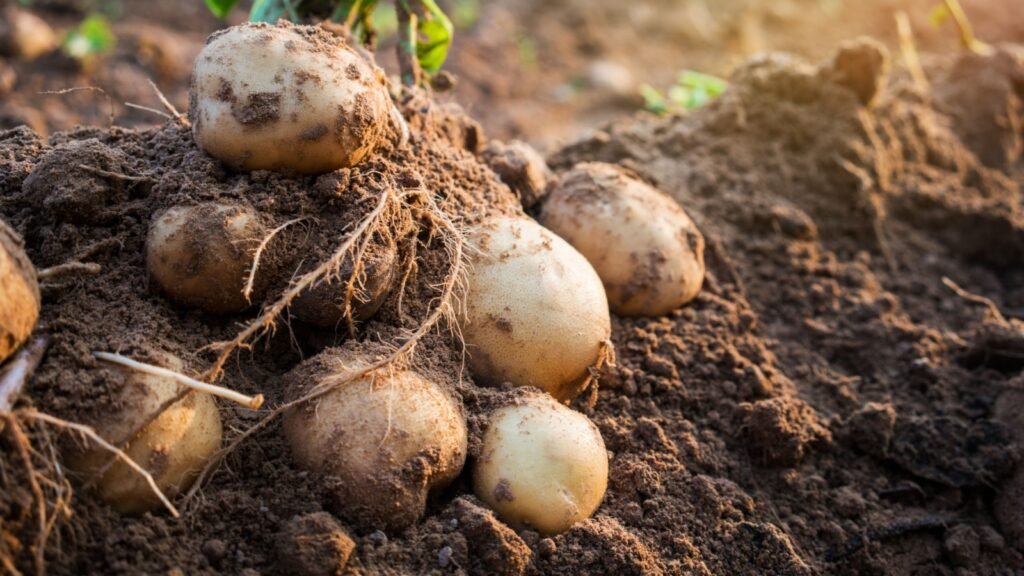
Potatoes are a staple crop for a reason. They’re incredibly versatile and loaded with calories and nutrients like vitamin C, potassium, and fiber. When stored in a cool, dark, and dry place, they can last for 4-6 months. Potatoes grow well in most climates, and their high yield means you can harvest a lot from a relatively small area. They’re a must-have for long-term food storage.
Sweet Potatoes: Nutritious and Long-Lasting
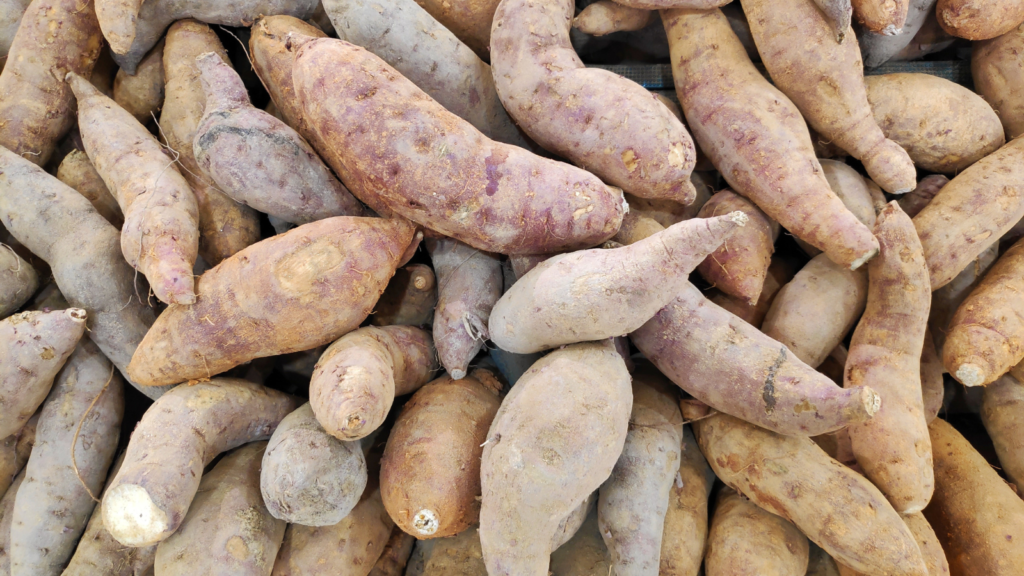
Sweet potatoes are another excellent choice for long-term storage. Rich in beta-carotene, fiber, and complex carbohydrates, they’re a nutritional powerhouse. When cured properly and stored in a cool, dark, and dry environment, sweet potatoes can last up to a year. They’re also highly drought-tolerant, making them a reliable crop even in tough growing conditions.
Beans: The Protein-Rich Essential
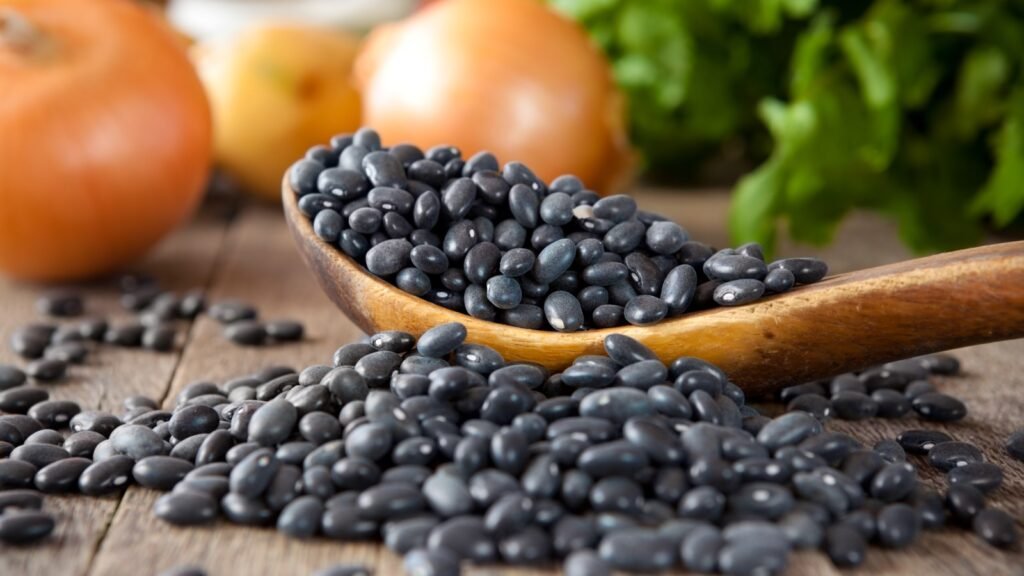
Beans, whether they’re kidney, pinto, or black beans, are one of the best sources of plant-based protein you can grow. Dried beans are incredibly shelf-stable, lasting 10 years or more if stored in airtight containers. They also help enrich your soil with nitrogen, making them a great addition to crop rotations. They’re easy to grow and harvest, making them a prepper’s best friend.
Winter Squash: The Storage-Friendly Favorite

Winter squash, like butternut and acorn squash, is perfect for long-term storage. These squash varieties have tough outer skins that protect the sweet, nutrient-rich flesh inside. If you store them in a cool, dry area, they can last for 3-6 months. Their high levels of vitamins A and C make them a nutritious and delicious addition to your pantry.
Corn: A Multipurpose Staple

Corn is not only a summer favorite but also a long-term storage crop when dried. You can grind it into cornmeal, store it as whole kernels, or even use it for popcorn. Dried corn can last for several years when stored properly. It’s also a high-yield crop that provides essential carbohydrates for energy.
Garlic: The Flavorful Superfood
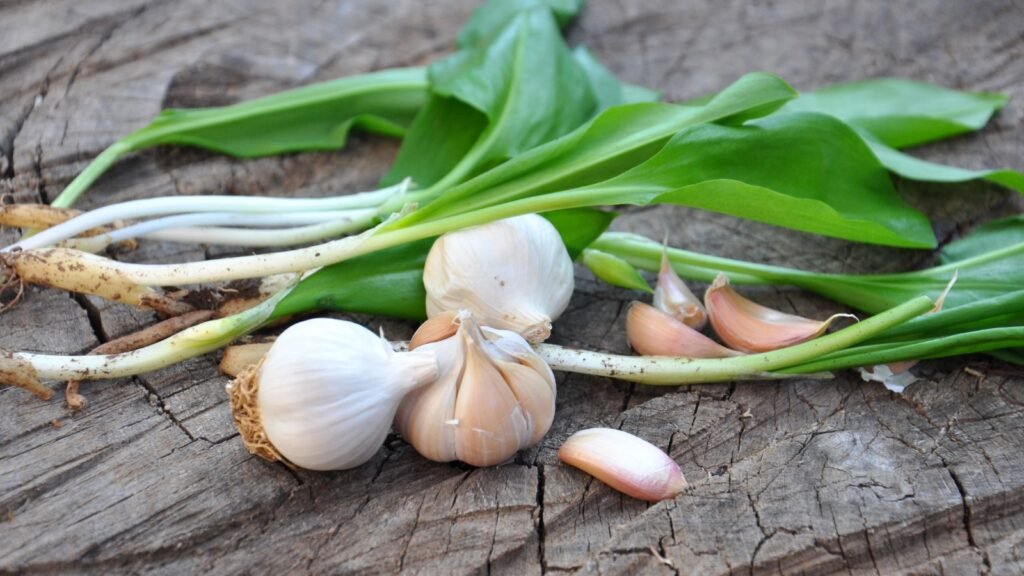
Garlic doesn’t just add flavor—it also has medicinal properties and stores exceptionally well. After curing, garlic bulbs can last 6-8 months when stored in a dry, dark place with good airflow. It’s easy to grow and doesn’t require much space, making it a great addition to any garden.
Onions: A Culinary and Medicinal Must-Have
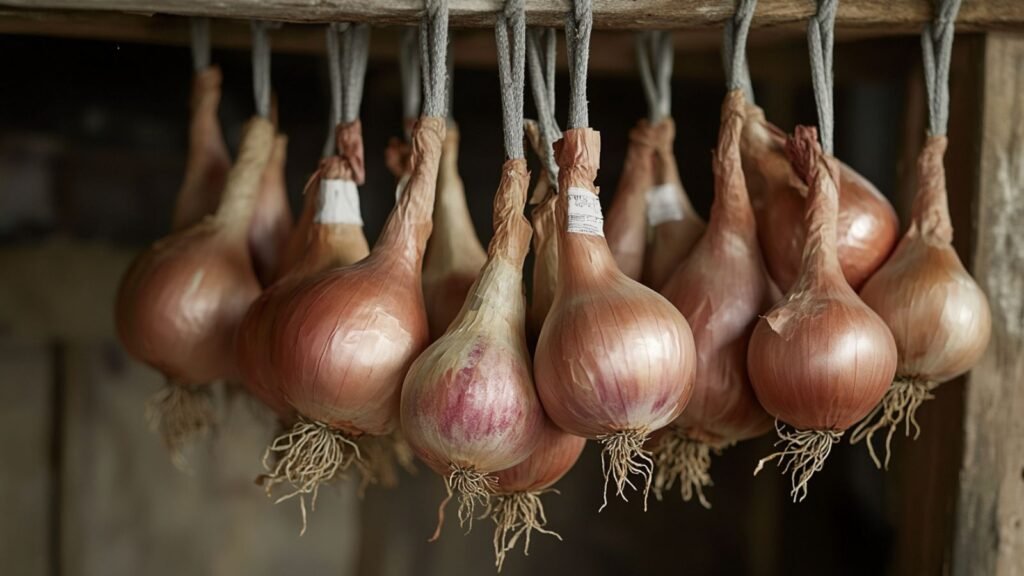
Onions are another essential crop for long-term storage. When properly cured and stored, onions can last for 6-8 months. They’re not just useful for cooking; they’re also rich in antioxidants and have antibacterial properties. Grow a variety like yellow or red onions for both storage and flavor versatility.
Carrots: Sweet and Reliable
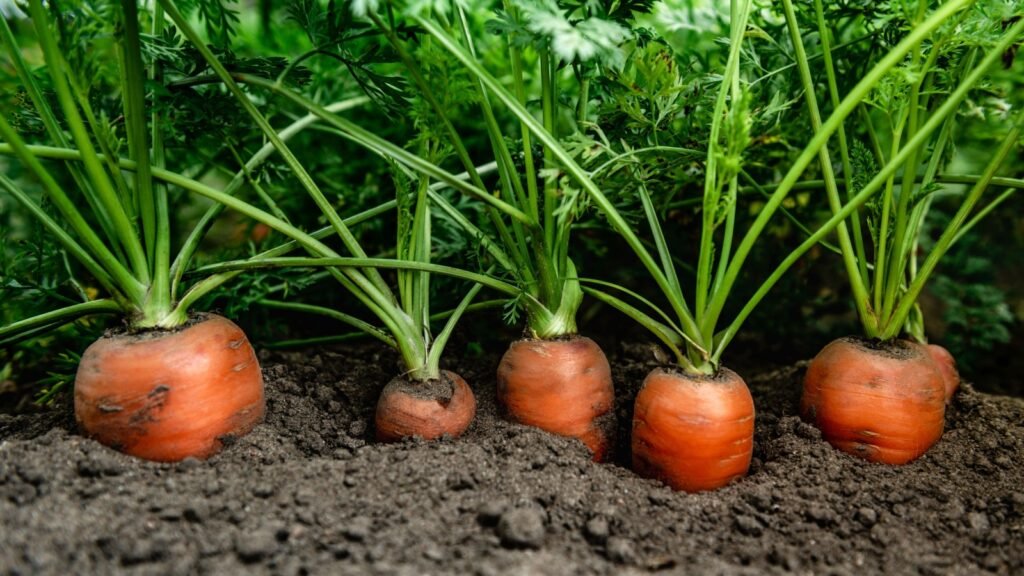
Carrots are hardy root vegetables that can last for several months if stored in sand or sawdust in a cool, dark place. They’re loaded with vitamin A and are incredibly versatile in the kitchen. Planting storage varieties like Danvers or Imperator will give you the longest shelf life.
Wheat: The Ultimate Long-Term Staple
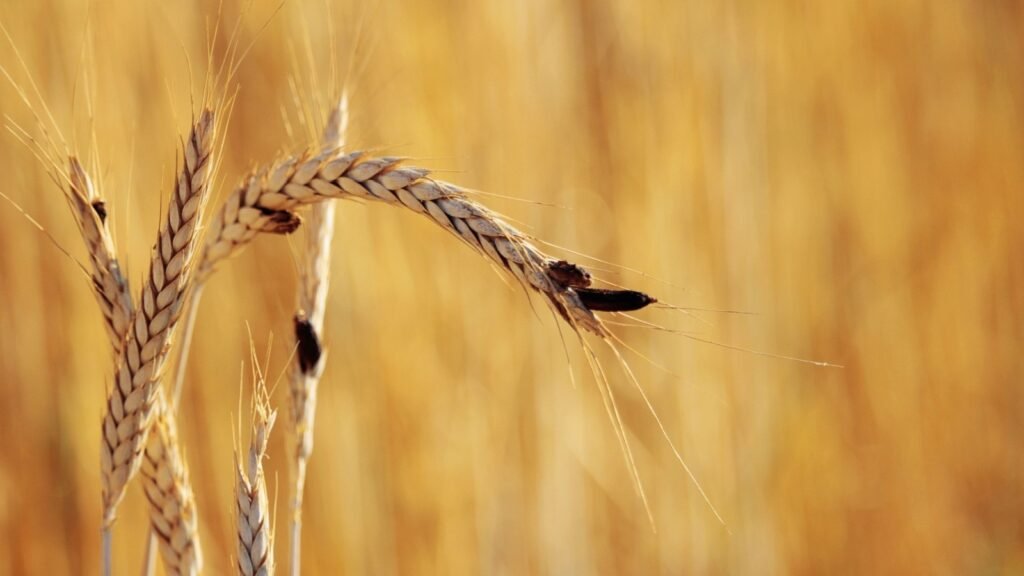
Wheat is a classic crop for survivalists because it’s versatile and easy to store. Once harvested and properly dried, wheat berries can last indefinitely when stored in airtight containers. Grind them into flour as needed for baking or cooking. A small plot of wheat can yield an impressive amount of grain for storage.
Cabbage: Fermentable and Long-Lasting

Cabbage is an often-overlooked crop for long-term storage. While fresh cabbage lasts for a few weeks in a cool environment, it can be turned into sauerkraut, which can last for months. Packed with vitamin C, it’s a great way to keep your immune system strong during the winter months.

